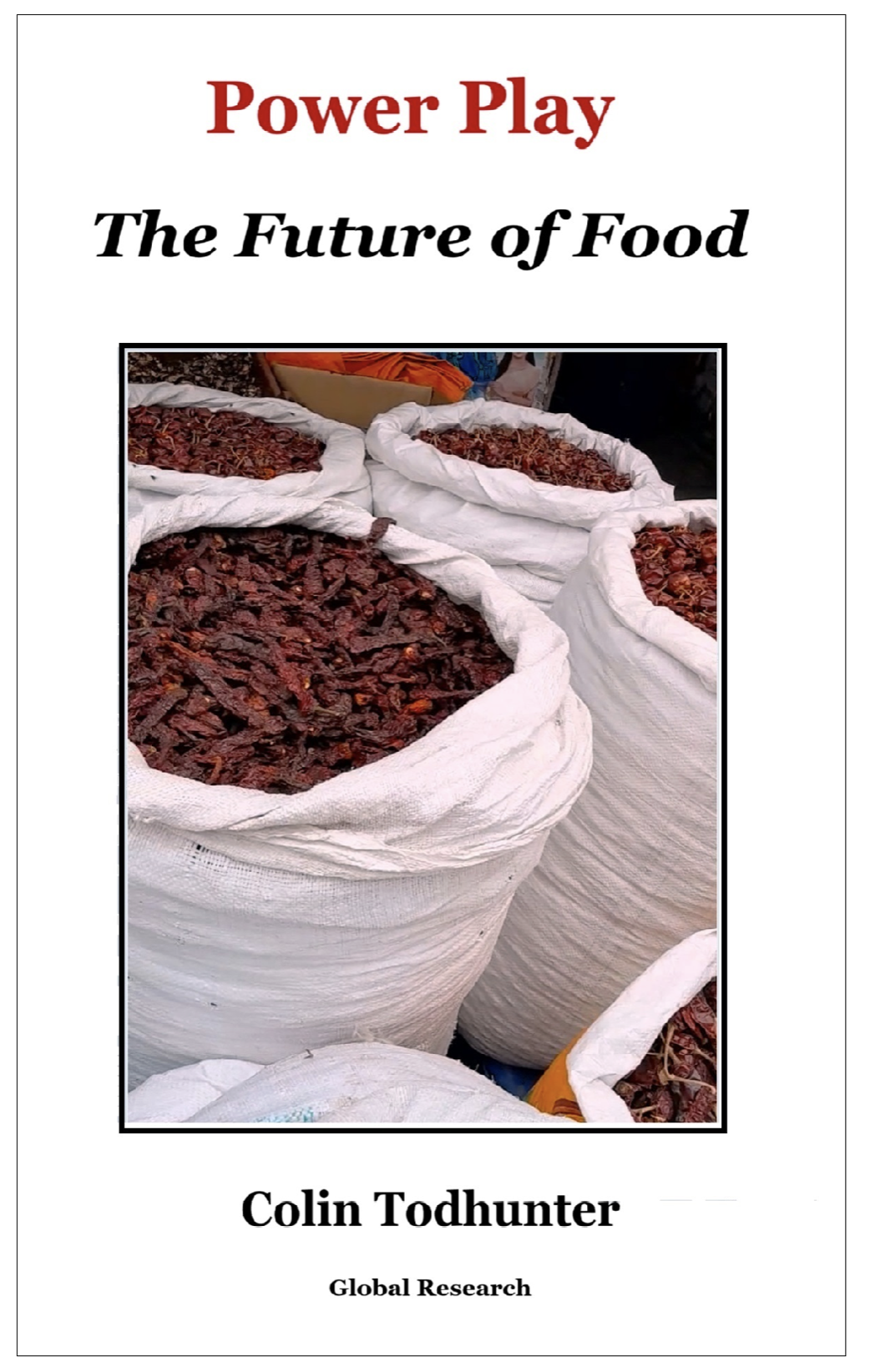Introduction
In a world increasingly dominated by corporate interests, the question of who controls food production is more pressing than ever. Coined in Colin Todhunter’s latest work, “Power Play: The Future of Food,” this article explores not only the threats posed by consolidation in agriculture but also the movements pushing back against this trend, advocating for a food system that prioritizes ecological sustainability, local autonomy, and cultural diversity.
The Consolidation of Power in Agriculture
The agricultural industry faces a significant centralization of power where large corporations dominate key sectors. This phenomenon results in regulations and policies favoring a few giants at the expense of smaller farms, leading to reduced food diversity, inflated prices, and increased dependency on corporate supplies. Essentially, the narrative of modernization overshadows the needs of small producers, threatening food sovereignty.
Health Implications of Corporate Control
As corporate interests consolidate power, the health of populations faces dire consequences. The micronutrient crisis, fueled by an increased reliance on ultra-processed foods, leads to widespread deficiencies and related diseases. This situation highlights the urgent need for a paradigm shift towards healthier, more sustainable agricultural practices that respect both the environment and public health.
Financialization of Farmland
The growing trend of viewing farmland as a financial asset exacerbates the issues faced by smallholder farmers. Investment firms and pension funds seek quick profits, driving up land prices and further pushing small producers out of the market. The push towards large-scale farming contributes to environmental degradation and food insecurity, creating a less resilient food system prone to shocks.
The Rise of the Digital Panopticon
Technological advancements in agriculture often come with a catch—corporate control over food production. Innovations purportedly aimed at efficiency may instead serve to deepen corporate monopolies and surveillance over farming practices, eroding traditional farming knowledge and autonomy.
A Call for Agroecology and Food Sovereignty
The path forward lies in a collective movement towards agroecological practices that celebrate local knowledge and ecological balance. By transforming food systems to emphasize community-led initiatives, countries can combat the corporatization of agriculture, safeguarding not only public health but cultural heritages intertwined with food production.
Key Takeaways
- The consolidation of agricultural power threatens local food sovereignty and health.
- Corporate control and financialization lead to land loss for small farmers, exacerbating food insecurity.
- Addressing micronutrient deficiencies requires a shift towards sustainable farming practices.
- Movements advocating for agroecology hold transformative potential for local communities and public health.

